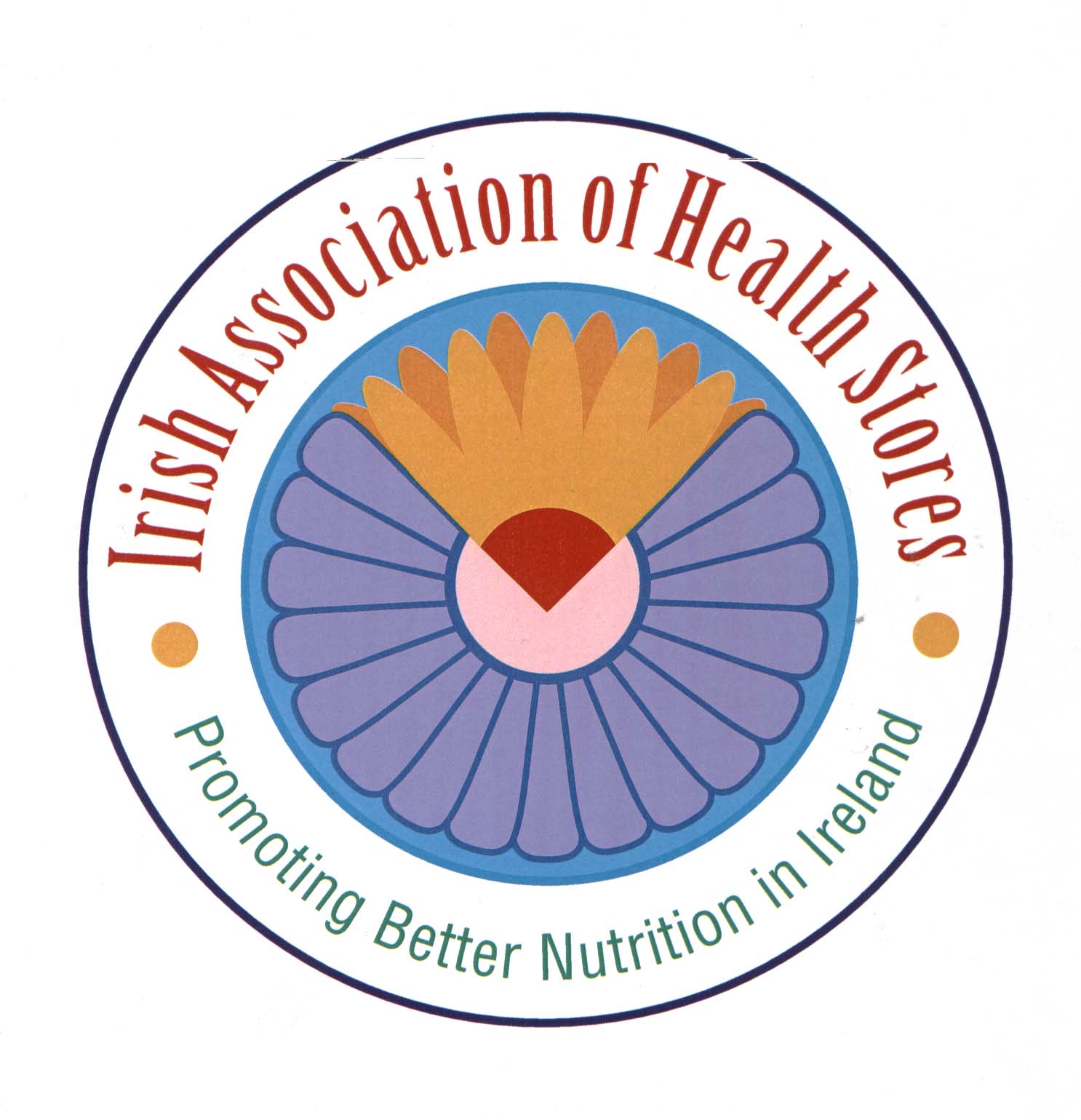Joint Press Release by: The Alliance for Natural Health and the Irish Association of Health Stores
For immediate release 28th January 2009
Irish government hosts ‘vitamin wars’ debate and is criticised for equating RDAs with optimum intake levels
A public meeting was held in Dublin yesterday to debate key issues over the European Commission’s imminent plans to impose maximum levels of vitamins and minerals in food supplements across the EU. The meeting, held at the Alexander Hotel, was convened by the Food Safety Authority of Ireland (FSAI) and aimed to allow the FSAI’s Food Safety Consultative Council and the 150 registered members of the public attending—including health store owners, nutritional therapists and consumers—to debate the controversial issues surrounding the implementation of the proposed law.
The four invited speakers who set the scene for the debate were, in speaking order: Dr Robert Verkerk, executive and scientific director of the Alliance for Natural Health, representing also the Irish Association of Health Stores; Dr Mary Flynn, chief specialist in Public Health Nutrition for the FSAI; Basil Mathioudakis, from the food law unit of the European Commission, and; Dr Alan Ruth, CEO of the Irish Health Trade Association, the Irish trade body representing manufacturers.
Dr Mary Flynn argued on behalf of the Irish government saying that it had no inclination to change its long-standing position that has yet to be implemented in practice, which disapproves of any supplementation over the Recommended Daily Allowance (RDA). Controversially, she stated, “RDAs represent optimal levels of intake and it’s a puzzle to us why anyone would want to go over the RDA”. She argued that there was no evidence that supplementation over the RDA yielded any benefits to health.
Dr. Verkerk commented, “The Irish government view seems to be out of touch with the latest scientific thinking in the fields of functional and integrative medicine,” and continued, “Dr Flynn repeatedly referred to RDAs as reflecting optimal intake amounts, while this is simply not true in the case of many people. She’s effectively saying the advanced forms of supplements in Ireland’s excellent health stores, and those supplied by nutritional therapists, are worthless and the very most you need is a 100% RDA one-a-day multivitamin from your local supermarket.”
Dr Alan Ruth also heavily criticised the Irish government’s reliance on the RDA. “It’s actually illegal, based on European case law, for a government to insist on limiting dosages to less than 3 times the RDA on the basis that it can be shown—as is generally the case—that such doses present no risk to public health”.
While Dr. Flynn also claimed that above-RDA supplementation exposed people to risks, including “unknown” ones, Dr Verkerk showed that flawed and excessively precautionary risk analysis had given regulators a false picture of the risks associated with supplemented nutrients. Dr Verkerk explained that when regulators use risk analysis methods to tell them what they think to be maximum safe levels, they should then validate these levels against known science and, in particular, data from the clinical practice of nutrition. Commenting on this, he said, “A glass of carrot juice or a day of healthy eating with lots of fruits and vegetables, can provide you with over 10 or 20 times the so-called maximum safe level of beta-carotene proposed by either the German authorities or even the slightly higher levels proposed by the large European trade associations. The problem is that regulators don’t distinguish between natural and synthetic forms of nutrients and most of the data they use comes from unsuccessful, large intervention studies often sponsored by pharmaceutical interests. By using these data and ignoring a very large and growing body of evidence on the benefits of supplemental nutrients, regulators will discriminate against those wanting to support their health with naturally-derived, food-state or even nature-identical nutrients.”
Recognising the importance of the role of the European Food Safety Authority (EFSA) in conducting risk analyses that will form the basis for the proposed EU-wide maximum levels, Dr Verkerk said, “EFSA needs to correct some of the fundamentally flawed science being used. For example, the central element of the main model they’re working with cannot be sustained scientifically. It is simply not true to assert that the risk to consumers increases proportionately as the margin between the RDA and the Upper Safe Level narrows. This is because the nature of the risk itself varies greatly from one nutrient to another, and indeed, often from nutrient form to nutrient form.”
He also explained how existing models could be corrected to better reflect known science. Dr Verkerk said, “EFSA seems to be changing its risk analysis rules to suit particular outcomes. For example, it’s given negative opinions on supplemental forms of vanadium and vitamin E, while it has recently cleared the use of the form of fluoride used in toothpastes and other oral hygiene products for use in food supplements. They can only do this by manipulating their risk assessment methods.”
Basil Mathioudakis confirmed to a largely relieved audience that the European Commission was planning to propose that no maximum levels be set for vitamins and minerals for which there was no identified safety concern. He also said “…the Commission’s objectives are to ensure availability of a wide choice of safe products for consumers and the free movement of goods, which of course is the Lisbon agenda.”
The speakers and FSAI Council entertained questions from the floor for over an hour in what turned into a lively debate. Irish health store owners and nutritional practitioners expressed grave concerns over the effects of excessive restriction, and also commented that over-regulation in areas such as this would divert attention from more important consumer safety issues such as consumption of excessive sugar, unhealthy fats and fluoridated water, as well as irradiated and genetically engineered foods.
Jill Bell, President of the Irish Association of Health Stores, an active participant in the debate, said, “While this Directive is going to liberalise some of the ultra-restrictive regimes in a number of Member States, this won’t be the case in countries like Ireland, the UK, Holland and Sweden.” She continued, “In these countries, the Directive as planned will undoubtedly result in the erosion of consumer choice. The ground will be set for multinationals to trade seamlessly between all European Member States, while many innovative SMEs—as well as the practice of nutritional therapy—could be wiped out.”
In the debate, Robert Pocock, a campaigner representing the Irish environmental group VOICE, said, “Mr Mathioudakis claimed that the publication of an EFSA opinion signified that a product was safe, yet EFSA’s recent clearance of the use in food supplements of sodium monofluorophosphate—the form of fluoride added to toothpaste and other dentrifice products—completely undermines its credibility in risk assessment.”
ENDS./
FOR FURTHER INFORMATION, PLEASE CONTACT:
Liz Davies, Alliance for Natural Health
Tel: +44 (0)1306 646 600
or
Jill Bell, Irish Association of Health Stores
Tel: +353 (0)861 701193
NOTES TO THE EDITOR
Food Safety Authority of Ireland
Press release issued prior to the meeting
About the Alliance for Natural Health www.anhcampaign.org
The Alliance for Natural Health (ANH) is an international, non-governmental organisation, based in the UK. It was founded in 2002, and works on behalf of consumers, medical doctors, complementary health practitioners and health-product suppliers worldwide, to promote natural and sustainable health, using the principles of good science and good law.
About the Irish Association of Health Stores
www.irishhealthstores.com
The IAHS is a professional trade association, which represents over 80% of the health stores in the Republic of Ireland.
Health food is the fastest growing sector of food retailing in Ireland, and representing over 100 member stores, the IAHS exists to ensure that health food retailing is ethical, responsible, truthful and professional.
Founded in 1986, the Association operates under a written constitution and member stores are required to adhere to a strict Code of Ethics
Back to Latest News & Features stories
Back to Campaigns page
Back to ANH homepage








Comments
your voice counts
There are currently no comments on this post.
Your voice counts
We welcome your comments and are very interested in your point of view, but we ask that you keep them relevant to the article, that they be civil and without commercial links. All comments are moderated prior to being published. We reserve the right to edit or not publish comments that we consider abusive or offensive.
There is extra content here from a third party provider. You will be unable to see this content unless you agree to allow Content Cookies. Cookie Preferences